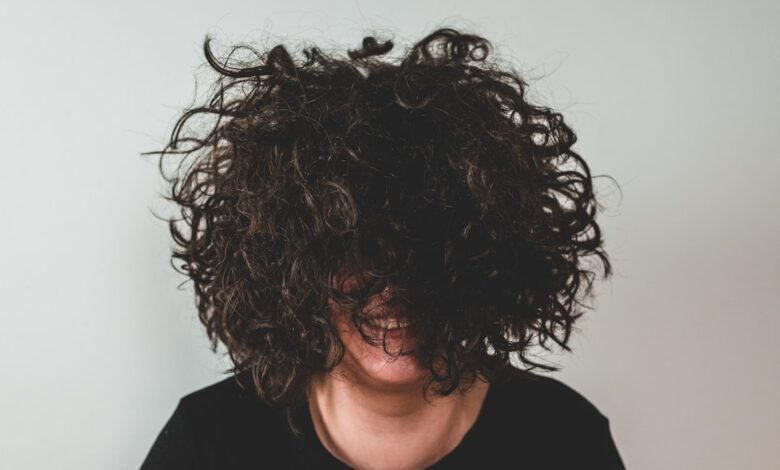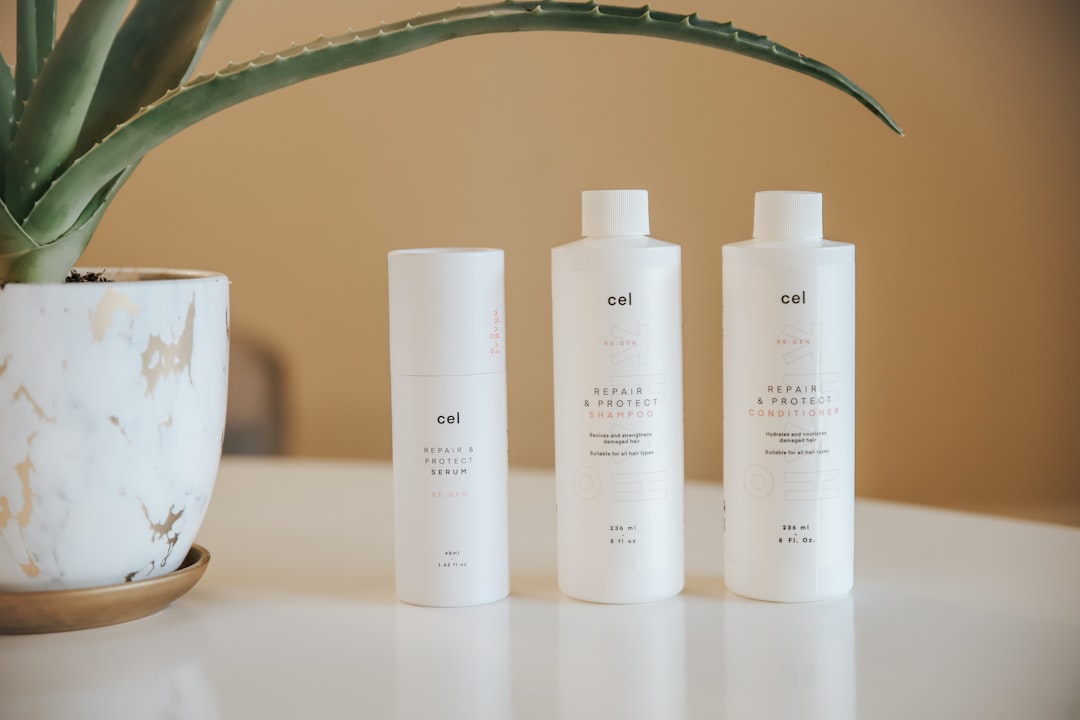Sulfate-Free Best Shampoo For Curly Hair

Hey curly-haired friends! Let’s talk about shampoo. If you’ve got curls, you know the struggle is real when it comes to finding the right products. One of the biggest things you might have heard is to ditch the sulfates. But why? And what are the best sulfate-free options for your precious spirals? Let’s dive in!

Why Sulfate-Free for Curly Hair?
Sulfates are strong detergents often found in shampoos. They’re what create that bubbly, foamy lather we’re so used to. However, for curly hair, which tends to be drier than other hair types, sulfates can be a bit harsh. They strip away natural oils, leaving your curls feeling dry, brittle, and frizzy. And nobody wants that!
Think of it like this: your curls are already thirsty. Sulfates are like that friend who drinks all the water in the desert and leaves you with nothing. By switching to a sulfate-free shampoo, you’re helping your hair retain its natural moisture, which leads to healthier, bouncier, and more defined curls.
What to Look for in a Sulfate-Free Shampoo
So, you’re ready to make the switch? Awesome! Here’s what you should keep an eye out for when choosing a sulfate-free shampoo for your curly hair:
Moisturizing Ingredients: Look for shampoos that are packed with moisturizing ingredients like shea butter, coconut oil, argan oil, aloe vera, and glycerin. These ingredients help to hydrate your curls and keep them soft and manageable.
Cleansing Agents: Just because it’s sulfate-free doesn’t mean it won’t clean! Check the ingredient list for alternative cleansing agents like cocamidopropyl betaine, sodium cocoyl isethionate, or decyl glucoside. These are gentler on your hair and scalp.
Ingredients to Avoid (Besides Sulfates): While you’re at it, it’s a good idea to avoid other harsh ingredients like parabens, silicones, and drying alcohols. Parabens are preservatives that some people prefer to avoid, silicones can build up on your hair over time, and drying alcohols can contribute to dryness and frizz.
Hair Type Specifics: Consider your curl type (2a to 4c) and hair thickness. Finer curls might need a lighter formula, while thicker, coarser curls can handle richer, more moisturizing shampoos.
Our Top Sulfate-Free Shampoo Recommendations
Okay, let’s get to the good stuff! Here are a few of our favorite sulfate-free shampoos that are perfect for curly hair:
For Dry, Damaged Curls: Look for shampoos specifically designed for damaged hair. These often contain ingredients like keratin or protein to help repair and strengthen your curls.
For Fine Curls: If you have fine curls, you’ll want a lightweight shampoo that won’t weigh your hair down. Look for volumizing sulfate-free shampoos or those that are designed to add bounce and definition.
For Coily Curls: Coily hair tends to be the driest of all curl types, so you’ll need a super moisturizing shampoo. Look for shampoos with rich oils and butters to help hydrate and nourish your curls.
Don’t Forget to Deep Condition: No matter which shampoo you choose, remember that deep conditioning is essential for curly hair. Use a deep conditioner once or twice a week to replenish moisture and keep your curls healthy and strong.
Making the Switch: What to Expect
When you first switch to a sulfate-free shampoo, your hair might feel a little different. It might not lather as much as you’re used to, and it might even feel a little “waxy” at first. This is totally normal! Your hair is simply adjusting to the new shampoo and getting rid of any buildup from your old products.
Give it a few weeks, and you should start to see a difference in your hair’s overall health and appearance. Your curls will likely be softer, more hydrated, and less frizzy. You might even notice that you don’t have to wash your hair as often!
Pro Tip: Try using a clarifying shampoo once a month to remove any product buildup. Just make sure it’s sulfate-free and follow up with a deep conditioner to replenish moisture.
Other Tips for Healthy Curly Hair
Using a sulfate-free shampoo is just one piece of the puzzle when it comes to healthy curly hair. Here are a few other tips to keep in mind:
Use a Wide-Tooth Comb: Detangle your hair gently with a wide-tooth comb, starting at the ends and working your way up to the roots. This will help prevent breakage and damage.
Avoid Heat Styling: Heat styling can be very damaging to curly hair, so try to avoid it as much as possible. If you do use heat, be sure to use a heat protectant spray.
Protect Your Hair at Night: Sleep on a satin pillowcase or wrap your hair in a satin scarf to prevent frizz and breakage while you sleep.
Frequently Asked Questions
Will sulfate-free shampoo still clean my hair?
Yes! Sulfate-free shampoos use alternative cleansing agents that are gentler but still effective at removing dirt and oil.
How often should I wash my curly hair?
This depends on your hair type and lifestyle, but most curly-haired people only need to wash their hair once or twice a week.
Can I use sulfate-free shampoo on color-treated hair?
Absolutely! Sulfate-free shampoos are actually recommended for color-treated hair because they’re less likely to strip the color.
Is sulfate-free shampoo more expensive?
Sulfate-free shampoos can sometimes be a bit more expensive than traditional shampoos, but there are plenty of affordable options available.
What if my hair feels greasy after using sulfate-free shampoo?
This could be a sign of product buildup. Try using a clarifying shampoo (sulfate-free, of course!) to remove any residue. You might also need to adjust the amount of shampoo you’re using or how often you’re washing your hair.
Making the switch to sulfate-free shampoo can be a game-changer for your curly hair. By choosing a shampoo that’s packed with moisturizing ingredients and free of harsh chemicals, you can help your curls stay healthy, hydrated, and beautiful. So, go ahead and give it a try – your curls will thank you!
Related Posts
| Best Sulfate Phthalate And Paraben-Free Shampoo |
| Best Shampoo For Curly Hair Sulfate-Free |
| Best Sulfate Free Shampoo For Keratin Treated Hair |
| Best Sulfate Free Shampoo For Curly Hair |



